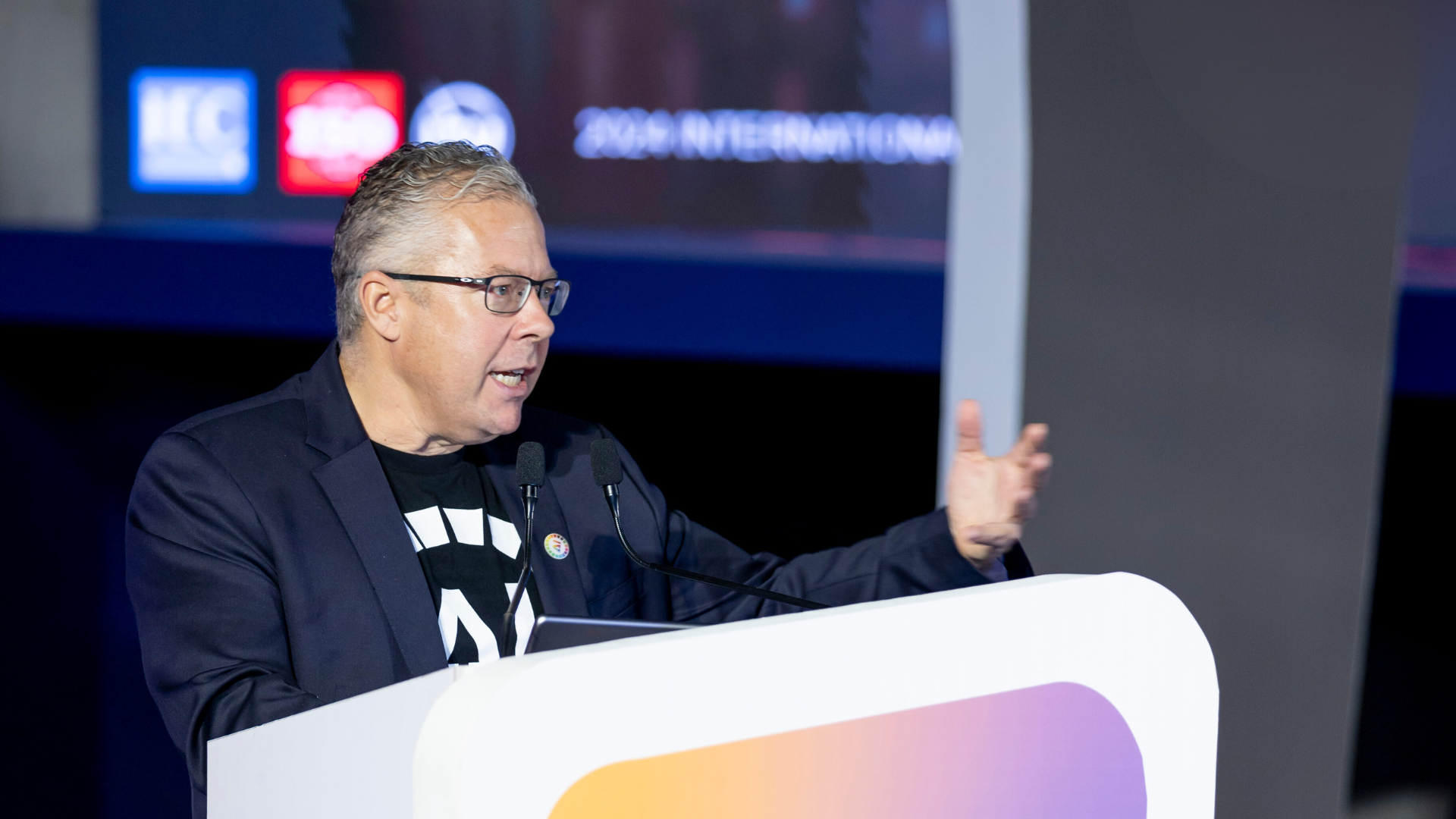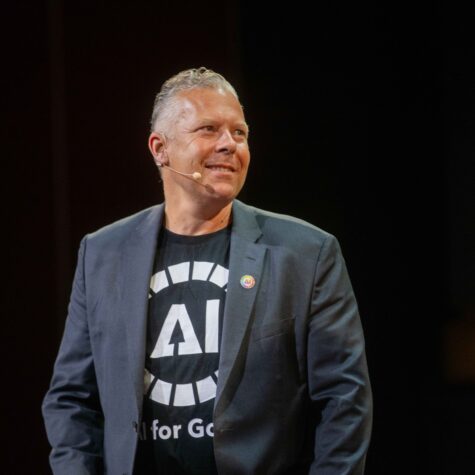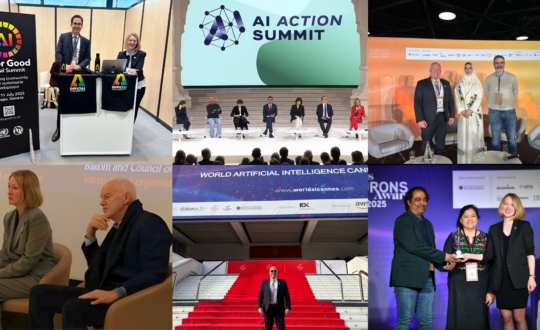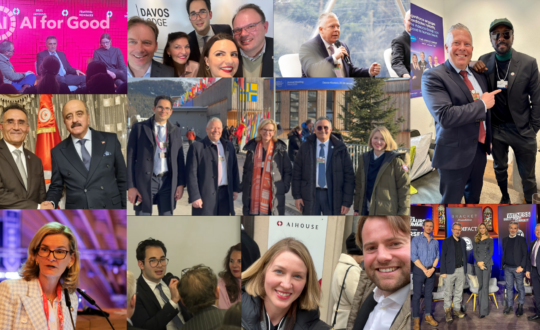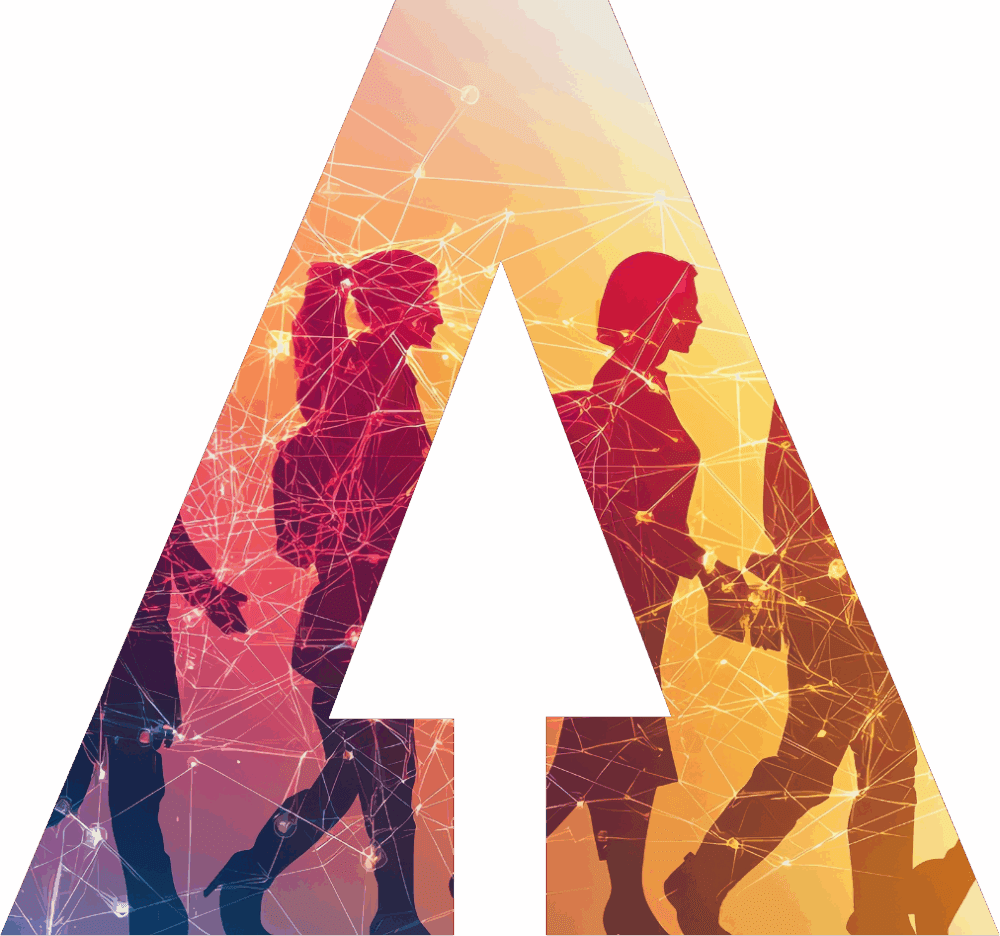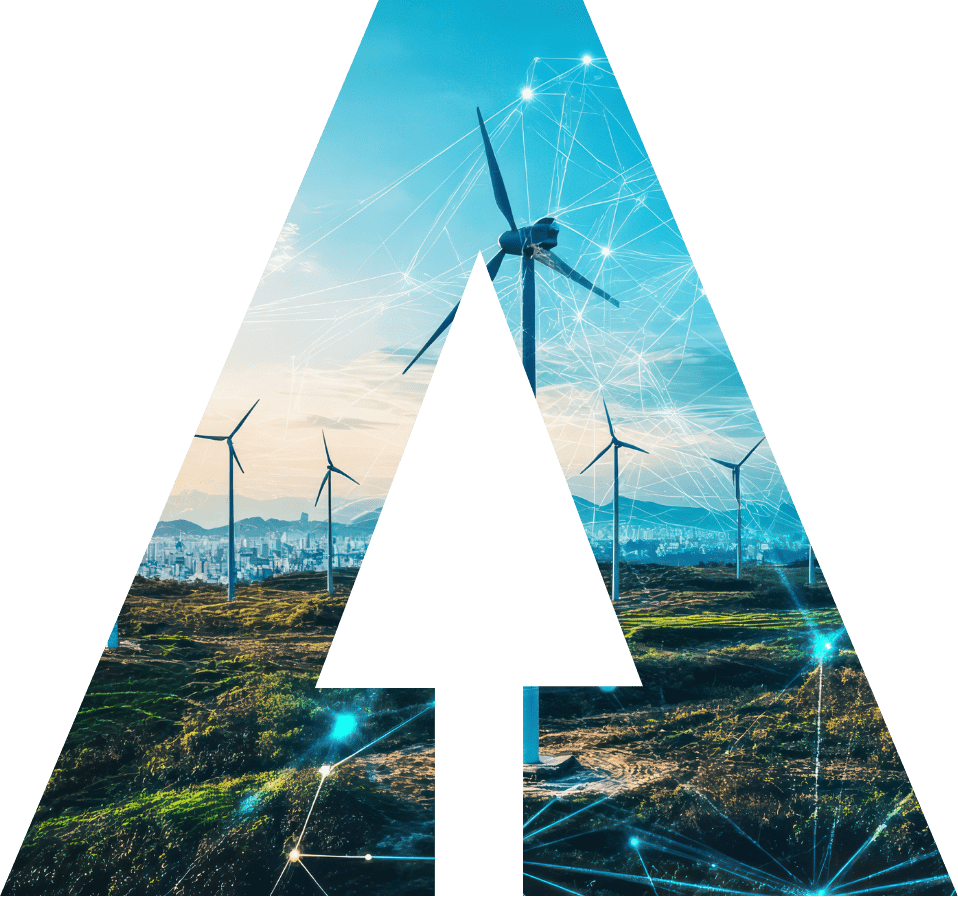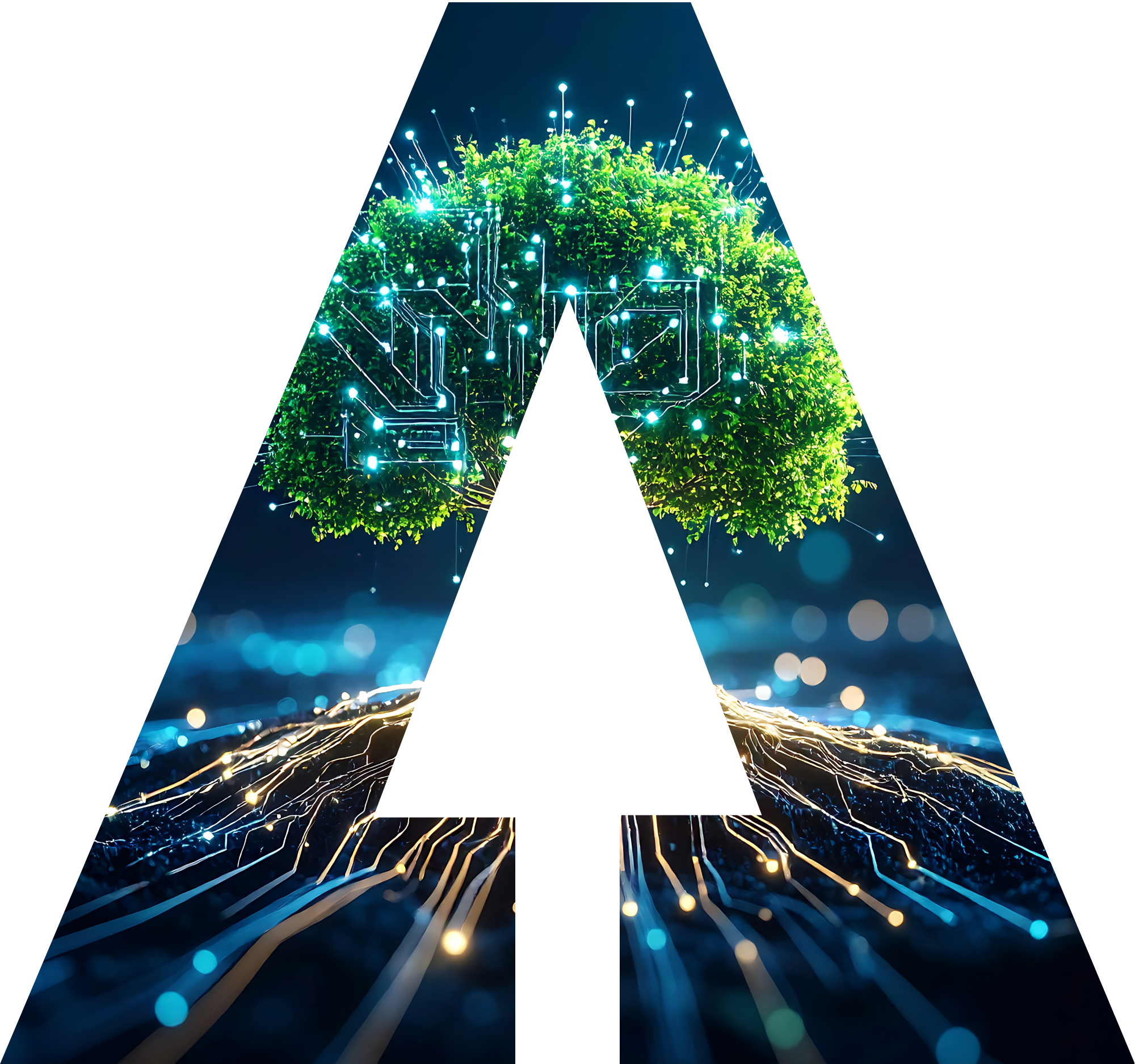Shaping Tomorrow: ITU Call for AI Standards to Drive Global Progress
At AI for Good Impact India during the first week of World Telecommunication Standardization Assembly (WTSA-24), Frederic Werner, Chief of Strategy and Operations for AI for Good at the International Telecommunication Union (ITU), presented a compelling vision of how AI standards will shape the future of technology and human progress. Werner emphasized the vital role that international standards play in ensuring that AI serves humanity responsibly and equitably, driving home the importance of global collaboration and the need for ethical frameworks.
Werner explained that AI has significantly accelerated the demand for ITU standards, which are essential to support the convergence of technologies across industries.
As Werner pointed out, “New technologies are creating strong connections between all industries.“
This trend, Werner explained, has called for ITU to publish over 100 standards on AI, with more than 150 standards currently under development, reflecting the growing need for governance in this space.
AI, Werner noted, “is now key to network orchestration, multimedia coding, and optimizing the energy and cost efficiency of our networks and data centres.”
Beyond infrastructure, AI is revolutionizing fields such as climate action, agriculture, healthcare, disaster response, and road safety, making the need for comprehensive standards even more critical.
Werner’s speech came at a pivotal moment during AI for Good Impact India, which saw the launch of several new initiatives aimed at fostering responsible AI innovation. One of the standout programs was the launch of the Young AI Leaders Community, designed to empower passionate individuals aged 18 to 30. This initiative invites young leaders to spearhead the development of hubs within the six ITU regions, providing platforms for collaboration on AI-driven projects that address pressing global challenges. Participants will receive the resources and support necessary to scale their initiatives and create meaningful impact in their communities.
As Werner emphasized, collective action is key to success: “We should always remember that we can only move forward by working together and evolving together.” This sentiment lies at the heart of the Young AI Leaders Community, where the next generation of AI innovators will be supported in their efforts to drive meaningful change in the field of AI. To help scale the community, AI for Good is now accepting applications from youth worldwide to lead regional hubs, with submissions open until 1 December 2024.
Werner emphasized that these efforts require a unified approach, where AI standards play a foundational role in fostering trust and cooperation. “We need new standards for common understandings essential to success,” he noted. The International AI Standards Summit, organized by ITU in partnership with ISO and IEC, is central to this mission. Together, these organizations are guiding the development of comprehensive standards that will provide the technical framework necessary for AI’s continued evolution. Among their key efforts is a collaboration on multimedia authenticity, which includes developing tools to detect deepfakes. This work is crucial in maintaining trust in digital content as AI-generated media becomes more prevalent.
Looking ahead, the International AI Standards Day, which will be part of the AI for Good Global Summit 2025, will serve as a key milestone for advancing these global collaborations. It will provide a platform to deepen the ongoing dialogue and drive meaningful action in shaping the future of AI through robust and inclusive standards.
In addition to the International AI Standards Summit, Werner emphasized ITU’s broader goals of leveraging AI for societal progress. “We are now introducing new artificial forms of intelligence. And we see huge potential to help humanity progress,” he remarked. One such initiative is the AI Skills Coalition, launched in partnership with the United Nations Development Programme (UNDP), which seeks to address the growing global AI skills gap. The coalition focuses particularly on developing and least-developed countries, with a special emphasis on women and girls. This initiative aligns with AI for Good’s overarching vision of ensuring AI becomes a force for good, but only if it is built on governance structures that foster equality and sustainable growth. By equipping IT professionals, especially in underserved regions, with the necessary skills and knowledge, the AI Skills Coalition ensures that the benefits of AI development are shared equitably across the globe.
The event also saw the release of the AI for Good Impact Report, produced in collaboration with Deloitte. The report sheds light on global trends in AI investment, governance, and skills development, underscoring how AI can support the United Nations’ 17 Sustainable Development Goals. Werner’s message throughout the event was clear: to unlock AI’s potential, we must ensure it is developed in ways that are inclusive, responsible, and focused on creating a positive societal impact.
As Werner concluded, he left the audience with a hopeful and unifying message: “When we develop and agree new standards by consensus, we all move forward with big smiles and great hope for the future.”


 Register here
Register here